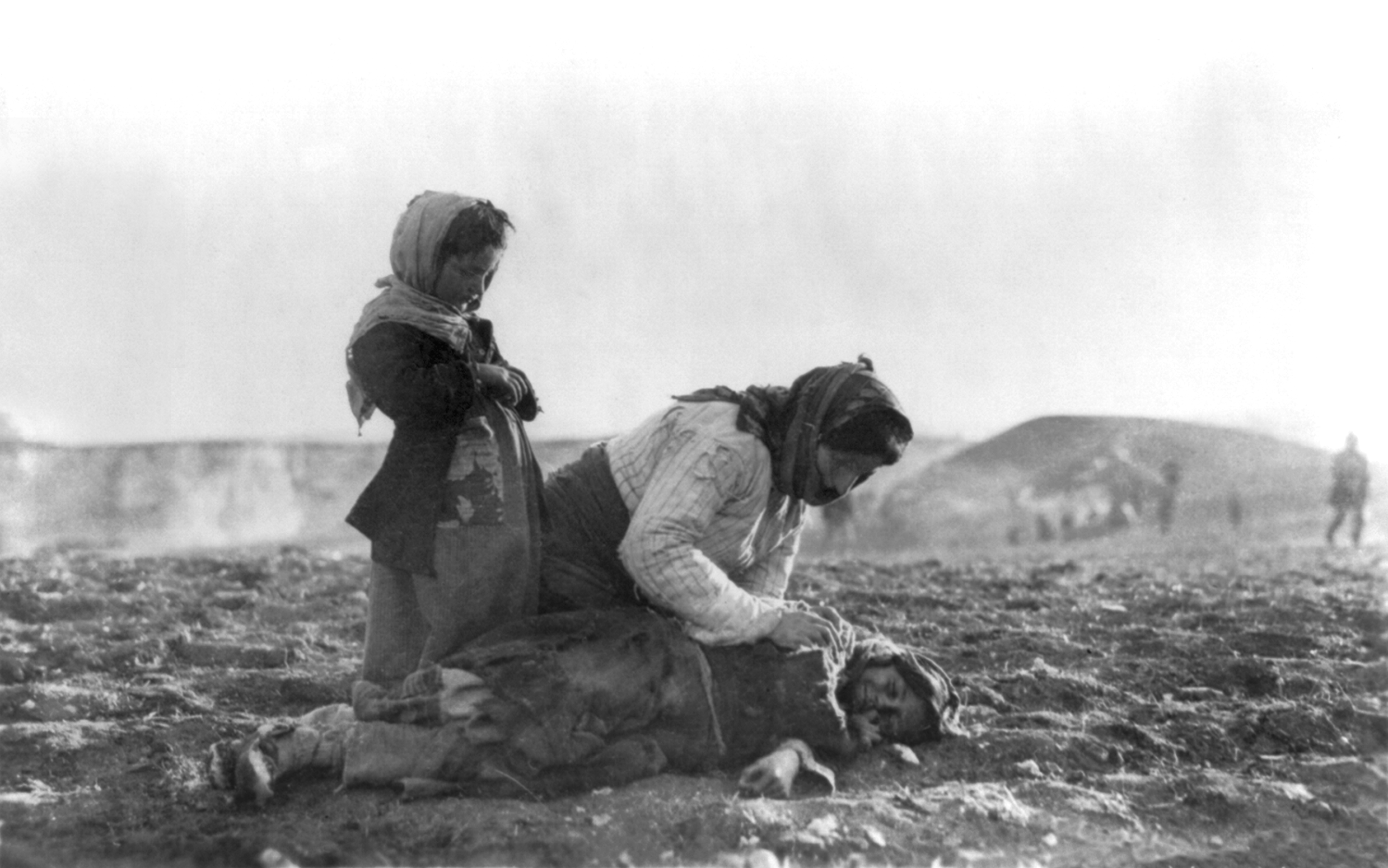I, TONYA
It has been short of quarter-century since the demure and elegant world of figure skating faced a tawdry scandal. The assault on Nancy Kerrigan and the ensuing discovery of the attack's connections to her rival, Tonya Harding, created not just a firestorm but fodder for mockery. Harding was portrayed as at the very least a white-trash villain versus the sweet American Princess Kerrigan, but the story grew so bizarre that even Kerrigan found herself knocked down, her comment about a Disney Parade being 'so corny' seen as a sign that she was an Ice Princess in more ways than one.
I, Tonya takes a wry and humorous approach to this stranger-than-strange, truer-than-true story, but it also shows that behind the headlines Harding was not a woman of shame but a woman much abused.
Taking the form of faux-interviews and much fourth-wall breaking,
I, Tonya tells Tonya Harding's (Margot Robbie) life up to the events that led to the Lillehammer Winter Olympics and shortly after. Tonya Harding's mother LaVona (Allison Janney) was going to get her daughter into ice skating. Tonya showed great talent in it, but LaVona has no patience for the skating world and for Tonya herself. She is the bitch mother from Hell, one so horrifying that she gives the Joan Crawford in
Mommie Dearest a run for her money.
LaVona does not shrink from forbidding Tonya to leave the ice to go to the restroom, then can only complain when she ends up soiling herself. LaVona also beats her daughter repeatedly, which makes her opposition to Tonya's first real boyfriend Jeff Gillooly (Sebastian Stan) a bit strange since he beats Tonya too. Tonya has great skill on the ice, but being from the wrong side of the tracks (her financially poor parents make her a fur coat by literally hunting rabbits and skinning them themselves), along with her more contemporary musical choices in ice skating constantly derail her chances. These 'rednecks on ice' are generally rejected by the more posh figure skating world, and despite their differences all three in their own way chafe at this.

Tonya struggles to make ends meet and deal with her abusive husband, leaving him and trying to get him out of her life with varying degrees of success. As she wryly observes, fourth place winners don't get endorsements, they get the morning shift at a diner. Gillooly for his part wants to help, but he finds his help in the worst way. A sudden change of fortune comes her way when the Olympics change the schedule of the Winter Games, moving them up two years so as to not compete with the Summer Games. Tonya now has a chance to fulfill her ultimate goal: to compete in the Olympics.
During her training, she is startled and upset to learn a death threat against her was issued, and more surprised that for once the police are not questioning her or Jeff for any wrongdoing themselves. She gets a 'bodyguard', Shawn Eckhardt (Paul Walker Hauser), and she and Jeff decide psychological warfare is in order. Deciding that Kerrigan's team is behind the threat, they decide to retaliate by sending a series of threatening letters to Kerrigan in order to spook her.
What everyone refers to as 'The Incident', however, shows that people who thought themselves master strategists were in really shockingly and idiotically and hilariously inept. Shawn, fancying himself a criminal genius, insists the plan is to attack Kerrigan, and the goons he gets are mindbogglingly dumb. After whacking Kerrigan's knees, the attacker escapes by using his head to smash the locked glass doors open, then decides to tackle someone running away from him before jumping into the getaway car.
Exactly how much Gillooly and/or Harding actually knew of the attack will always be a mystery save to them.
I, Tonya shows that Gillooly is astounded at how stupid Shawn is and that it was only meant to be letters, not actual violence. Harding, for her part, is kept further in the dark until she confronts him. The scandal takes an immense toll on Harding, her great dream turning into a living nightmare. LaVona herself appears to finally be a source of comfort, but like the press hounding her at her home she is only in for herself.
Once finally at the Olympics she all but crashes and burns, then observes that Kerrigan got a silver and looked more angry than grateful. Now, with her banned for life from figure skating, she finds that Gillooly and Shawn faced lighter punishment for actually attacking and plotting an attack than her for finding out about it after the fact. For Harding, not being able to skate is worse than death. She reluctantly embraces a new career as a boxer, noting that this is America.
I, Tonya is hilarious and heartbreaking. We laugh at all the craziness, all the bitchiness, all the really outlandish circumstances and situations they all face, but we leave with great sympathy and sadness for Harding. If
I, Tonya has a theme, it is something that Harding says in one of the faux-interviews.
"I was loved," she remarks on the early, heady days after her Olympic qualifying triumph before her world imploded. As portrayed by Margot Robbie, she is terribly human and not a caricature, a woman abused psychologically and physically by her mother and husband who yearned to be seen as worthy. Constantly rejected by the world she fought to get into, knowing she has the skills to be great but also knowing her background and manner keeps her out, Harding does not so much lash out as she does fight a Sisyphean battle. In the end, you feel great sadness for her, and the film is surprisingly sympathetic towards her. Robbie makes Tonya humorous and heartfelt, a person who can be tough but also highly vulnerable and sad.
It is just a wonderful performance.
Screenwriter Steven Rogers takes an interesting approach with
I, Tonya, using fake interviews with the participants who often times comment on the various situations. What makes
I, Tonya successful in this front is that the film balances dark humor but drops the commentaries when the situations need to be serious. Sometimes as we see Gillooly beat Harding, she looks straight at us to remark on how she was treated; this is that dark humor, but when there is another fight with her mother and LaVona ends up throwing a knife at Tonya which lands on her arm, there is dead silence.
The shock of this moment stays there, and there isn't any laughter, just disbelief. You know that LaVona did not actually mean to try and kill her daughter, but LaVona has been so monstrous that it fits into her manner.
It's a sign of Janney's talent that LaVona, despite her at-times crazed and cruel nature, is not seen as thoroughly inhuman. In her own way, LaVona is knowing about human nature, about how bad Jeff is for Tonya, and seeing her daughter go through the media barrage, Janney shows a glimmer of sadness for her. Still, her behavior so shocks you that one feels Joan Crawford is owed an apology for being seen as a Mother From Hell.
I admit to not being a fan of Sebastian Stan, at least of his Bucky Barnes. Here, Stan is excellent as the abusive yet also inept Gillooly, a deeply flawed man. Hauser, however, steals the show as the fatheaded Shawn, someone who is so comically inept and delusional about his own genius the audience marvels at just how stupid he is.
I think it was a conscious choice of director Craig Gillespie to almost always show Shawn eating, his appetite a substitute for his intelligence. We also see how Gillespie makes wry commentaries about contemporary American life, particularly with regards to how starved for scandal America is. Near the end, Harding observes the news vans packing up and leaving, while on a television screen we see footage of O.J. Simpson in the early days of the investigation into the deaths of his ex-wife and her friend.
The message is clear: the news media, portrayed by Bobby Cannavale as a
Hard Copy employee who serves as an oddball Greek chorus, has moved on to the next story, leaving those it had devoured to pick up the pieces.
As a side note, the subliminal commentary can get a bit much, for there has to be a reason why Gillespie focused on a Reagan poster in the Eckhardt home.
In parts comedy and tragedy,
I, Tonya is a tale that sounds outlandish, and one figures elements were placed for comedic effect. The film itself acknowledges that it is based on contradictory but true statements. The film has masterful use of music, using it to show the undercurrent of a situation or the nature of a character; its use of Fleetwood Mac's
The Chain is better here than in
Guardians of the Galaxy Vol. 2.
You leave the film with great sympathy for Harding. She was no saint, but she was not the monster she was made out to be. A level of class snobbery and elitism was against Harding, who believed talent and talent alone should be the deciding factor.
I, Tonya has you laugh and cry at the insanity and tragedy of it all.
Tonya Harding, we hardly knew you...
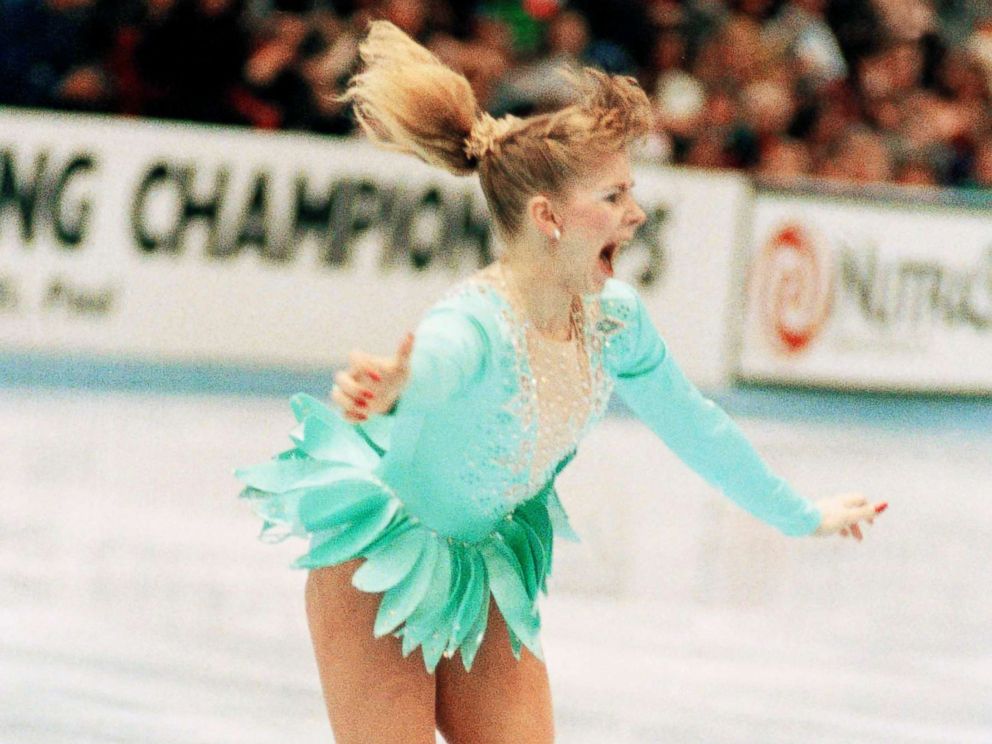 |
| Born 1970 |
DECISION: A-


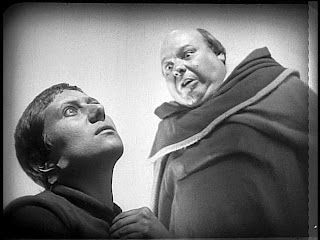



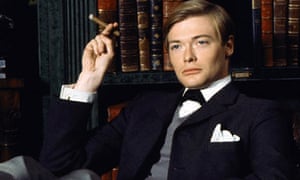
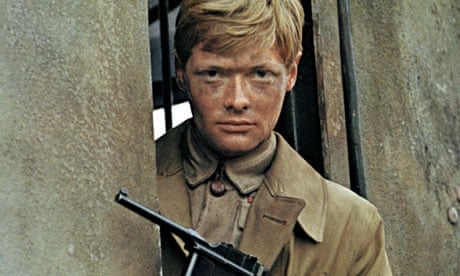



%2C_R23930288.jpg)
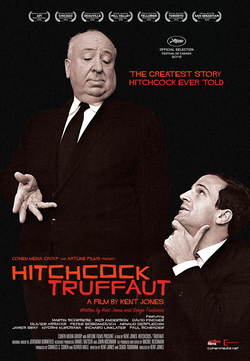





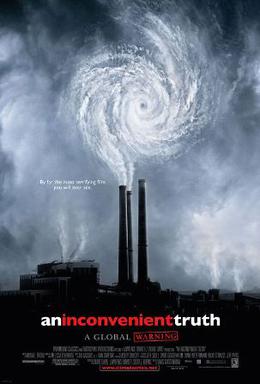





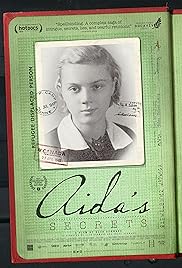







.jpg)


